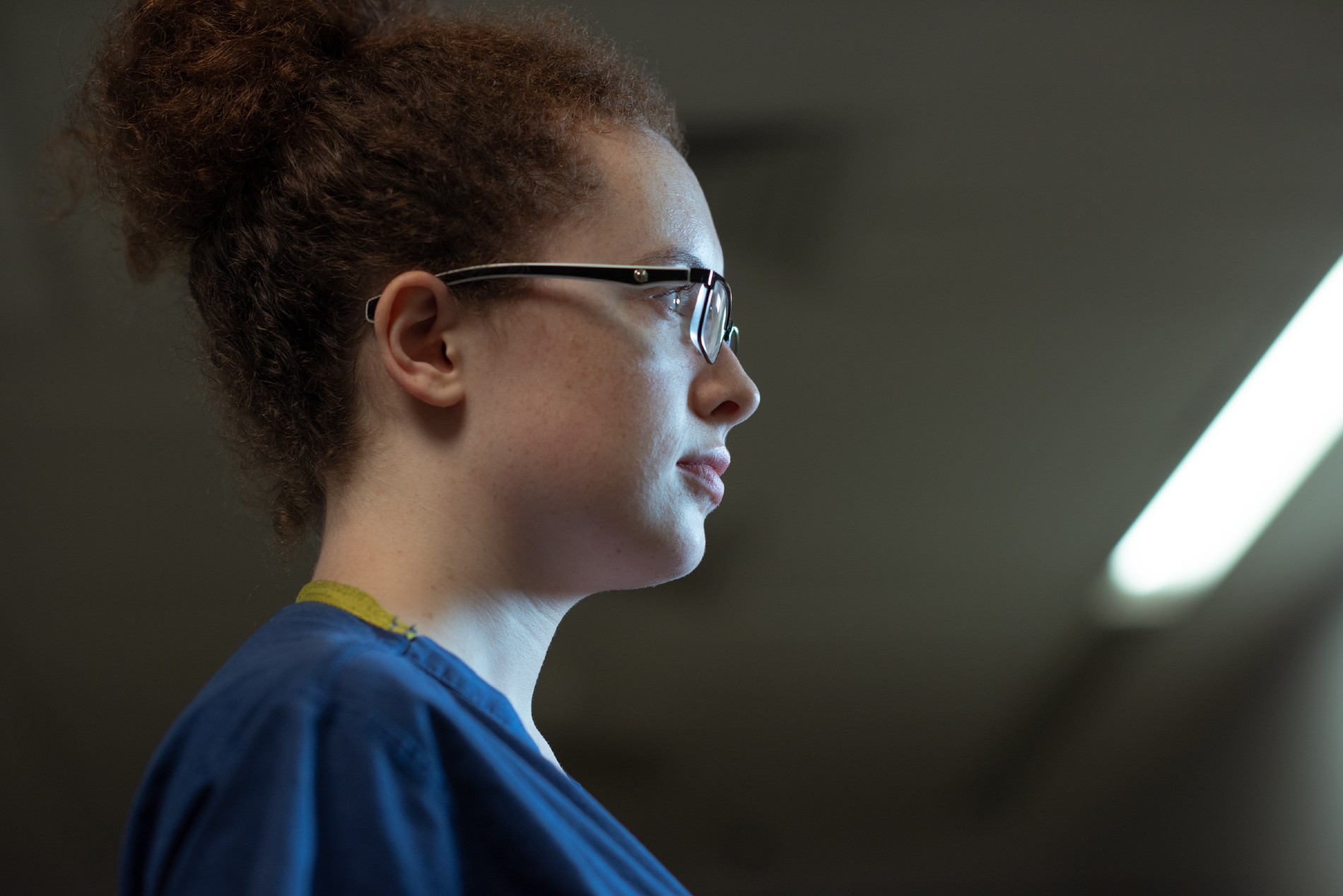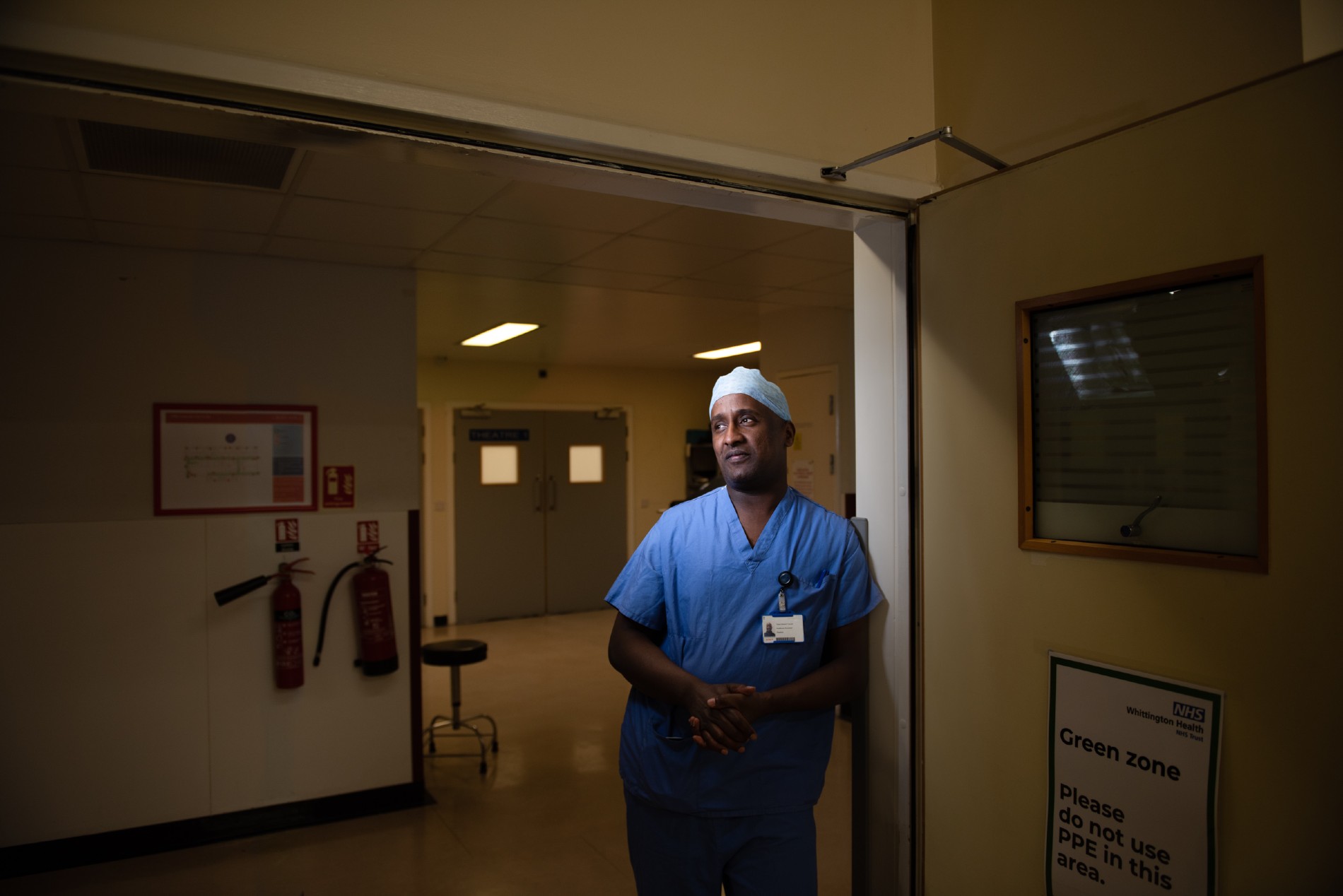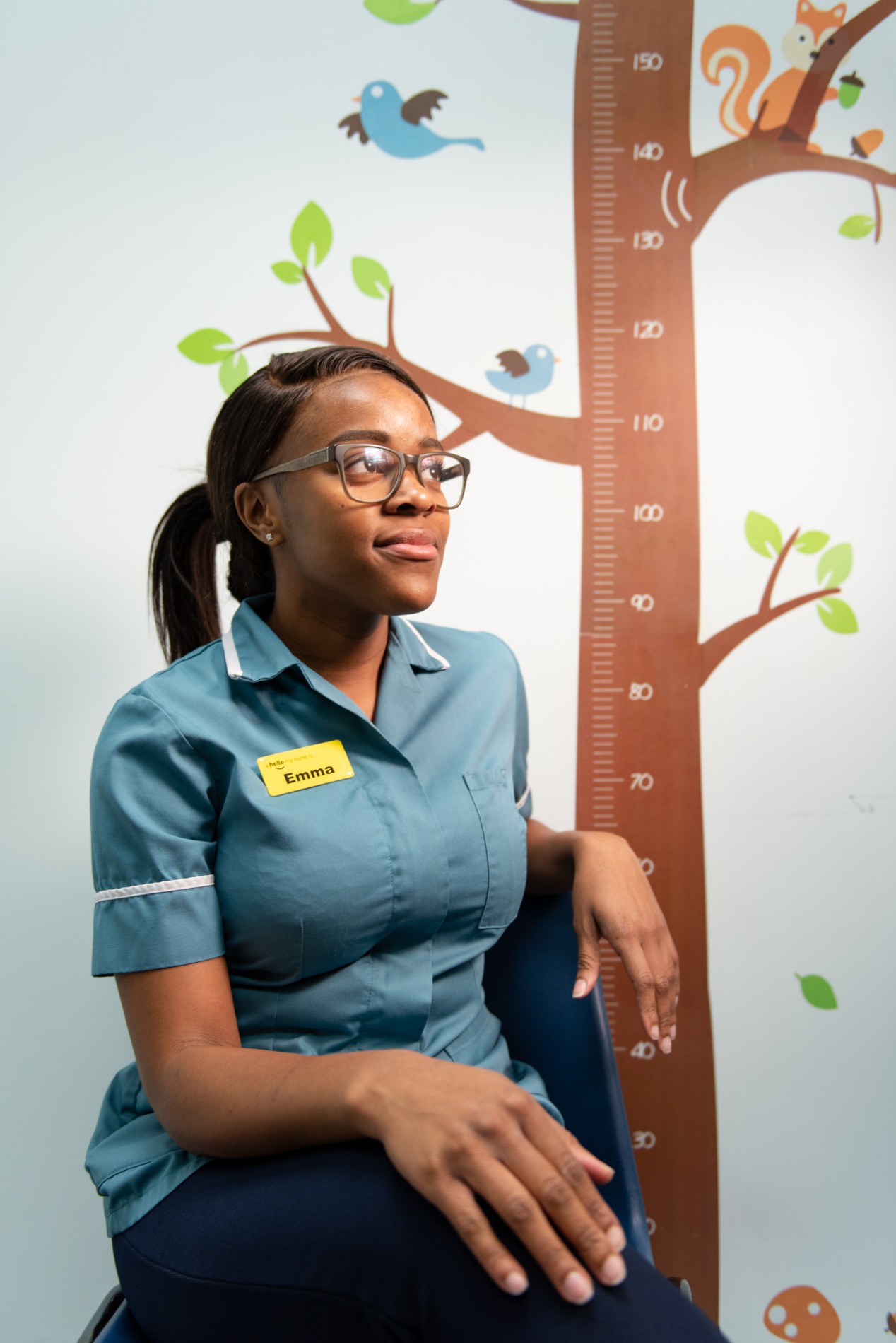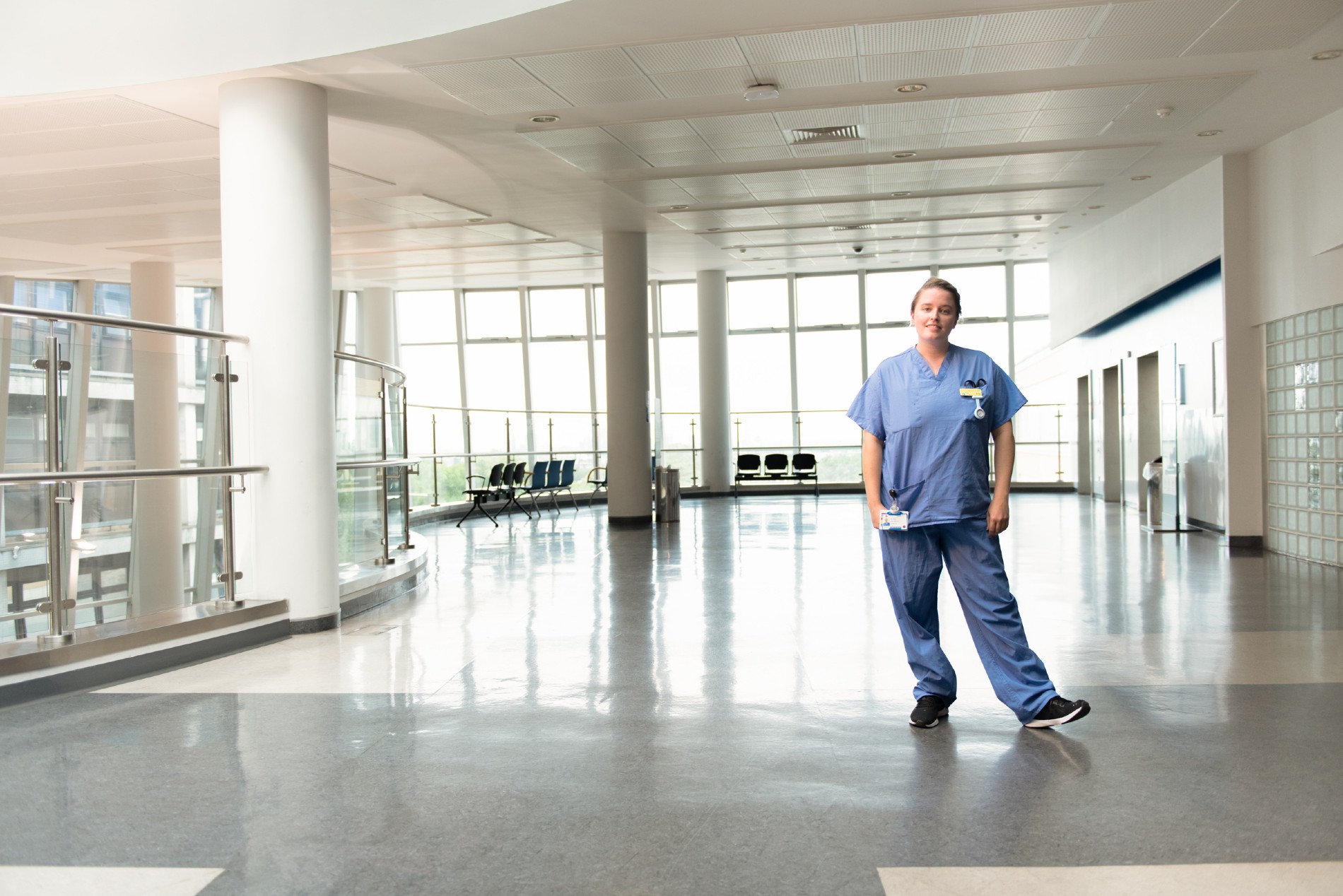ICU nurse Wincey Andres talks about the life-changing, devastating experiences of working on an intensive care unit during the height of the pandemic
During the height of the pandemic, I needed to look after so many tubed and critically ill patients I was constantly asking myself how I could manage one when another one crashes.
We could only concentrate on keeping patients alive, to be honest. That’s not our proper care. And that’s why I felt somehow like a fraud. At that time, people were calling us heroes. But I just felt devastated because I couldn’t give my patients the proper care they needed.
It was overwhelming. It changed me a lot. I take things very seriously in ICU. I’m very detail-orientated and we’re always on top of our game. But everything had changed.
The level of care we gave to patients prior to COVID was really, really outstanding. And that’s what made it so heartbreaking.
There are no exact words that could describe what happened in there. After each shift, you’d wonder how you survived.
At the start especially, there were no other pairs of hands. In intensive care we normally have one ICU nurse per one intubated patient, but when COVID hit, we each had to look after four intubated patients, then that became six. And out of those six, three of them would also be on the kidney machine, which was really hard.
Sometimes you’d forget about the other people who were helping, that this was all so new to them. These weren’t experienced ICU staff, they were physios, dentists, all just trying to help.
When you go home, you’ve done your best, you can’t do anything anymore
I’ll never forget this one instance, when one of my patients was really deteriorating and it was clear he was going to die during that shift. I had a helper with me, she was a speech and language therapist, and I was so focused on my patient that I forgot her and the other people around me.
One of my colleagues told me afterwards: your helper was crying. Then it hit me – I’d forgotten that they hadn’t seen anything like this before, that they’d never witnessed death, at all.
I found her and told her how sorry I was for being so insensitive. I could only imagine the trauma she witnessed seeing the patient dying that way. She said she was OK, but I don’t think she was. I hope so. I hope she will be. But I blame myself, if I’d prepared her somehow…but we were so busy, and there were so many things that I needed to do.
If I could say one thing to myself, I would say: you’re doing a great job, even if it doesn’t feel that way. Don’t be so hard on yourself. You can only do what you can. When you go home, you’ve done your best, you can’t do anything anymore.
Focus on the frontline
Wincey’s story and accompanying image make up part of a photobook sharing the pictures and experiences of a range of staff at Whittington Hospital.
Photographer Slater King is behind the lens, and the project. He says: “I was concerned that the people who were working in the hospitals and their experiences would go undocumented, that the delicate traces of collective memory wound around these traumatic times would slowly evaporate and that their incredible contributions would be forgotten over time.
“So I began this project to capture the images, names and voices of these inspirational people. From them, I think we learn how we might have courage in daunting times, overcome well-founded fears, and how it is possible to put the welfare of others first during terrible times. So much of 2020 has been turmoil, anxiety and loss, but they show that it is possible to live our lives from a place of generosity, courage and kindness.”
A kickstarter campaign has just been launched to print the photobook; all royalties will go to the Whittington Hospital Charity, to be used for the sole purpose of improving staff’s working lives.
Here are some more images of nursing staff from the book:













